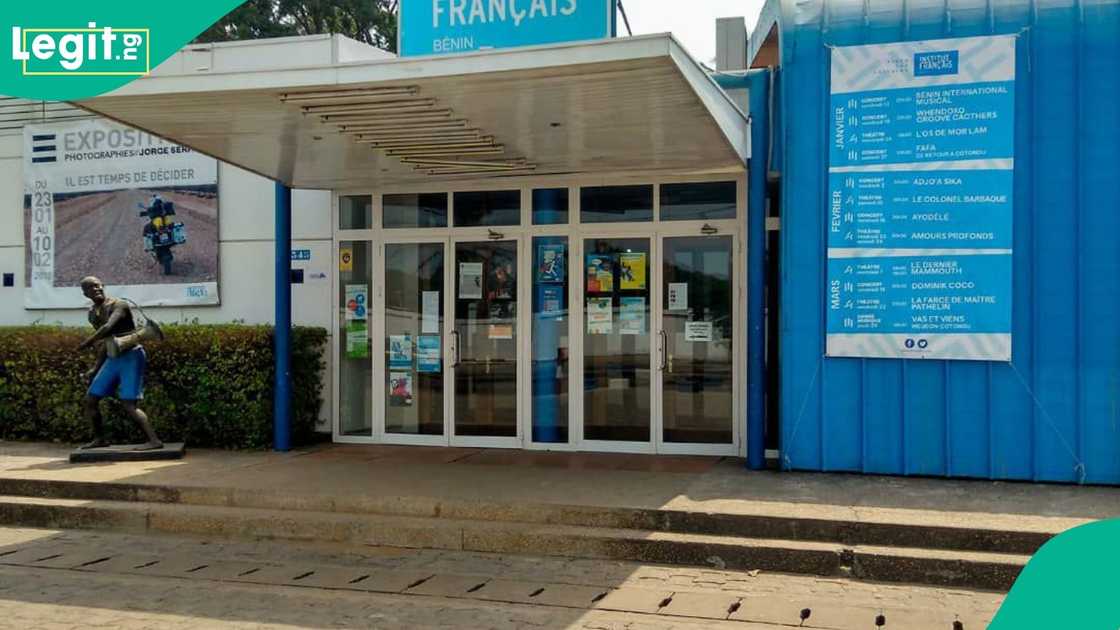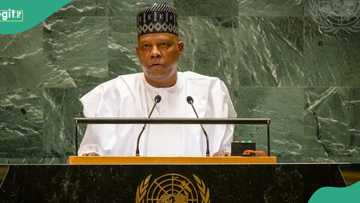An Undercover into Port Harcourt & Cotonou Centers
TEF Canada (Test d’Évaluation de Français) is one of the most important exams for immigration applicants seeking permanent residency and citizenship in Canada. It is meant to be a fair and transparent process. However, my recent undercover investigation reveals a disturbing black market of fraud, impersonation, and corruption operating in parts of West Africa.
The Mission: Uncovering the Truth

Source: Twitter
In early 2025, I began receiving reports of irregularities in TEF exam results from centers in Port Harcourt, Nigeria, and Cotonou, Benin Republic. Candidates claimed to have spent as much as ₦9 million naira (approx. $13,000 CAD) for “facilitated” exam processes — only to receive invalid results, unverifiable records, or even face the threat of being banned from Canadian immigration for five years.
To verify these claims, I decided to go undercover.
Port Harcourt: Falsified Results & Hidden Agents
At the TEF center in Port Harcourt, I posed as a candidate who couldn’t attend in person but wanted assistance to "organize" the exam.

Read also
2025 recruitment: NCS releases 6 important intructions as new date for another examination emerges
Within days, I was introduced to an insider, Dominic Ekpeyong, who confirmed that results could be “handled.” Shortly after, I was issued results that looked official — but then Dominic himself advised me not to use them, admitting off-record that they were not recognized in the official system and could trigger a red flag if submitted to IRCC.
This revealed a deliberate internal manipulation of results, likely through impersonation or backdoor data entry.
Cotonou: A Ghost in the System
I then tracked the trail to Cotonou, Benin Republic, where another center was rumored to offer similar “services.”
When I checked for my undercover registration, nothing appeared — no record, no history, no trace in the official system.
Staff quietly admitted the location was already under investigation for irregularities. I also confirmed that dozens of supposed “test takers” had no records at all, pointing to the existence of a shadow system.
The Middlemen: Names Behind the Network
Several names emerged consistently during the investigation:
Pierre Nelliy – Alleged handler who coordinated payments, registrations, and even proxies to sit exams.
Anyanwu – Along with a language training center operator (reportedly connected to Canadian contacts and universities in Cotonou), acted as a key connector between victims and the network.
Travel agency operators – In Nigeria, some agencies openly encouraged clients to pay for impersonation rather than prepare for the exam.
Dominic Ekpeyong – Port Harcourt-based insider who first issued falsified results before later warning me not to use them.
Attempts to reach these individuals ended in deflection, disappearance, or vague promises.
The Human Cost: Bans, Blacklists & Broken Trust
The biggest victims are the candidates themselves:
Many now face permanent immigration bans from Canada for misrepresentation.
Others lost millions of naira in fees without ever writing the exam.
Trust in the TEF Canada system has been eroded, leaving genuine candidates vulnerable.
While some knowingly participated, the larger issue is the lack of oversight and accountability that allowed this network to thrive. Desperate immigrants became easy targets for corrupt actors exploiting weak controls in the TEF exam process.
A Call for Accountability
Candidates who pay for impersonation or falsification are complicit in fraud, but the deeper problem lies in the systemic loopholes that enabled such operations to flourish.
In response to my findings, I have petitioned the Nigerian Embassy in Cotonou and the Canadian Embassy in Nigeria to urgently investigate the activities of these exam centers, especially in Port Harcourt and Cotonou.
The TEF Canada exam must uphold its integrity. Without stronger monitoring, transparent verification, and stricter consequences for complicit institutions, this black market will continue to grow — exploiting hope, draining pockets, and destroying futures.
Source: Legit.ng




